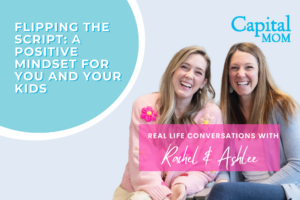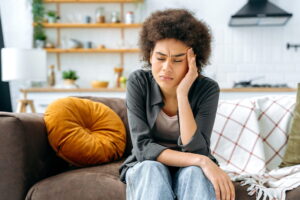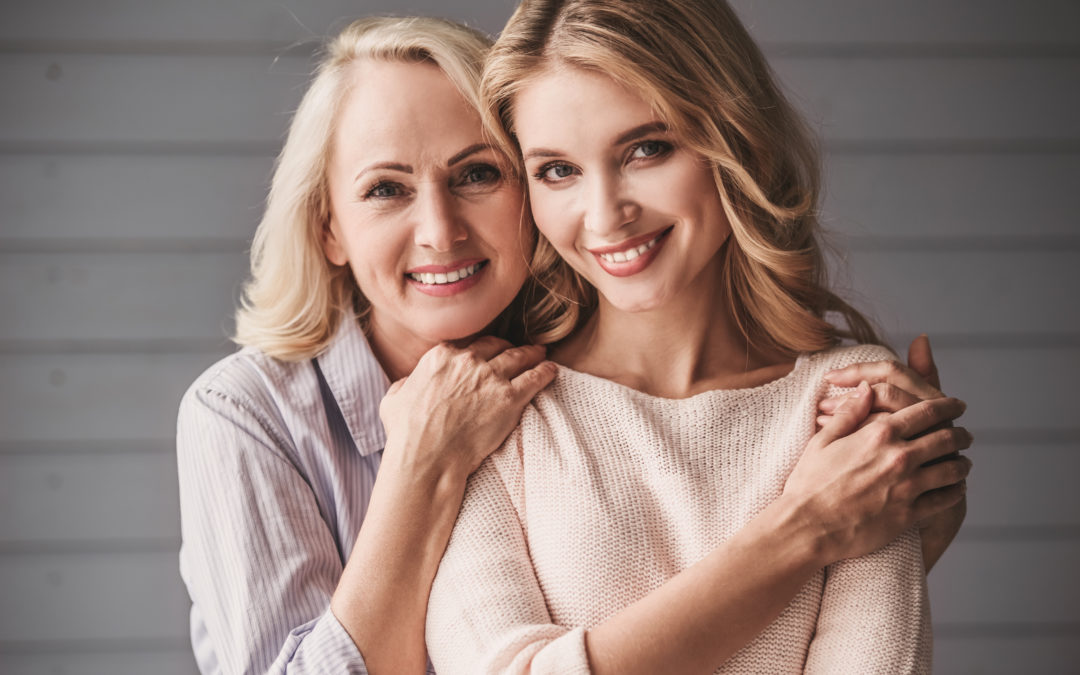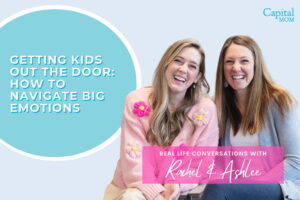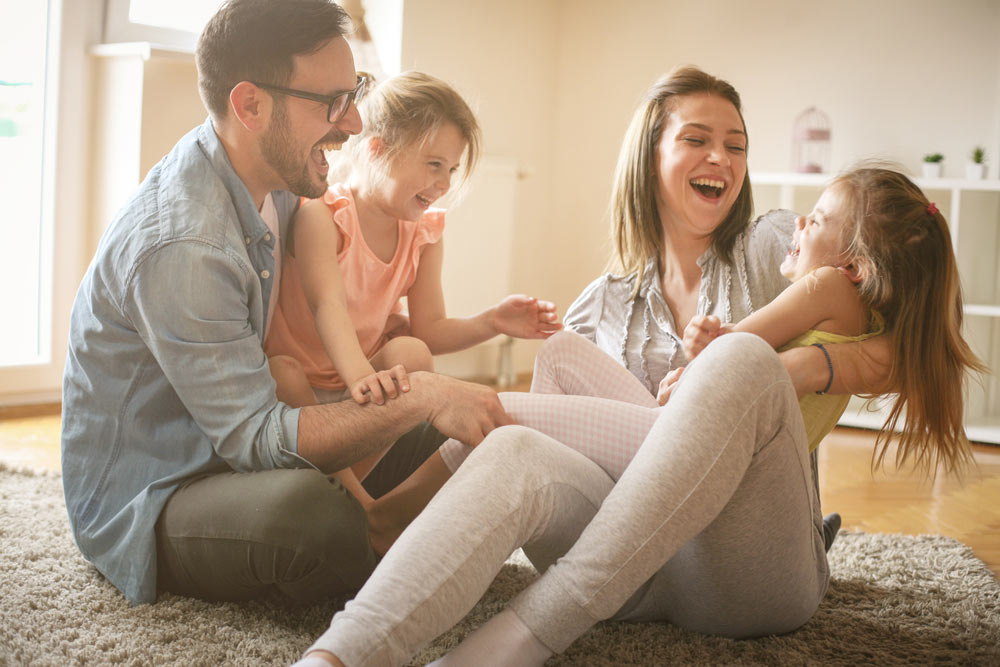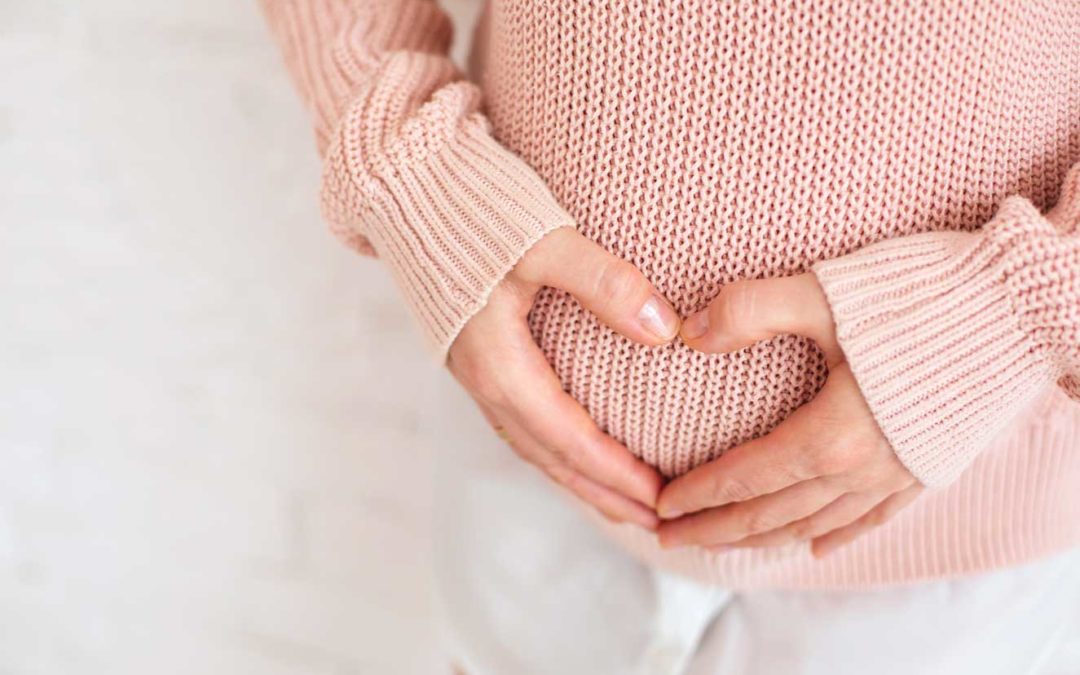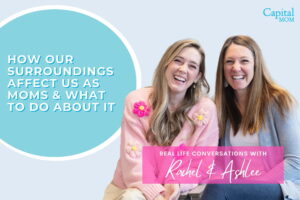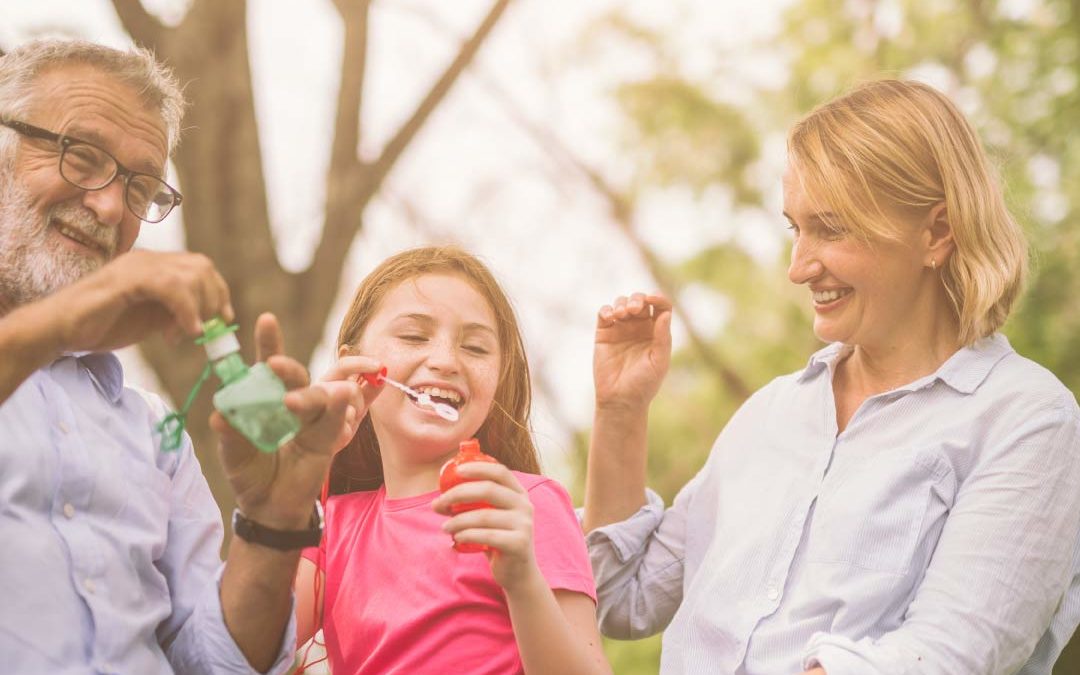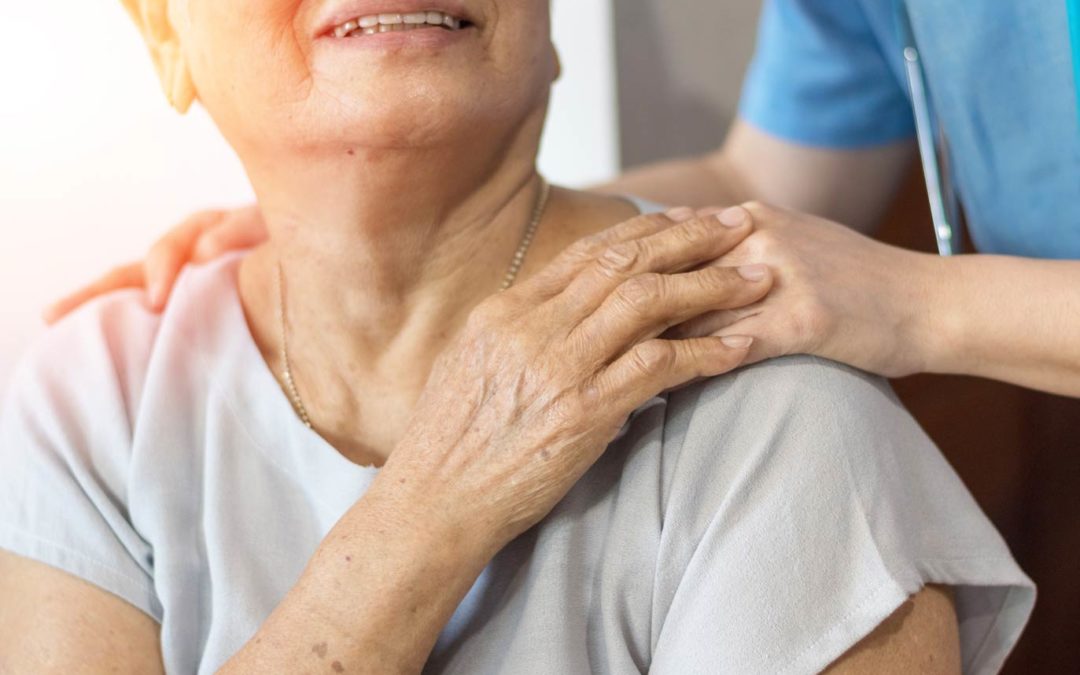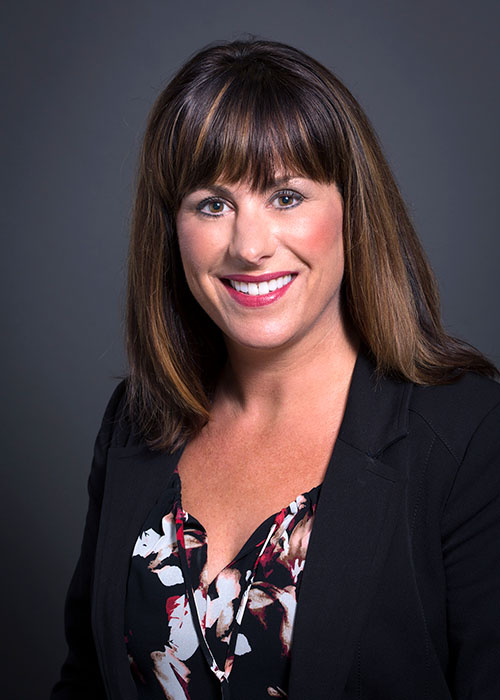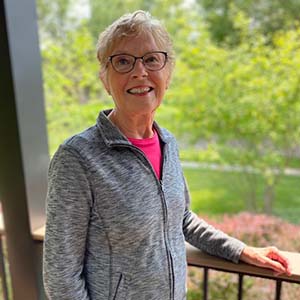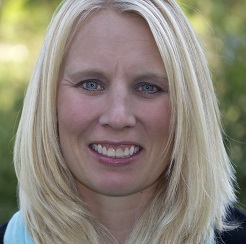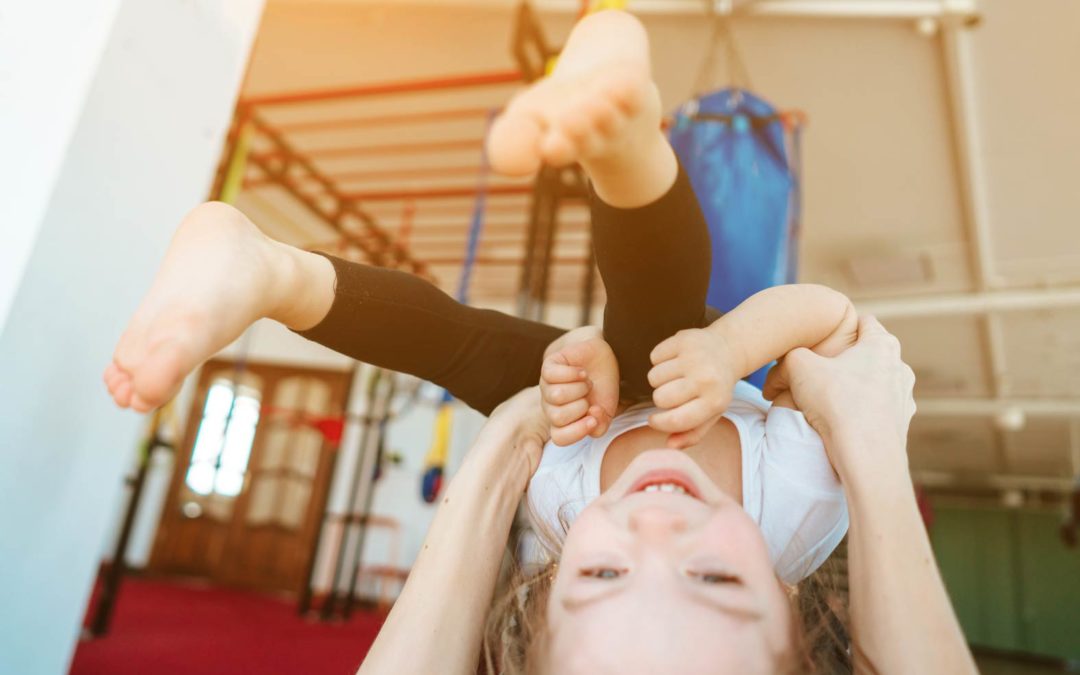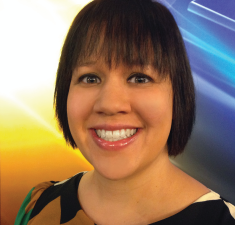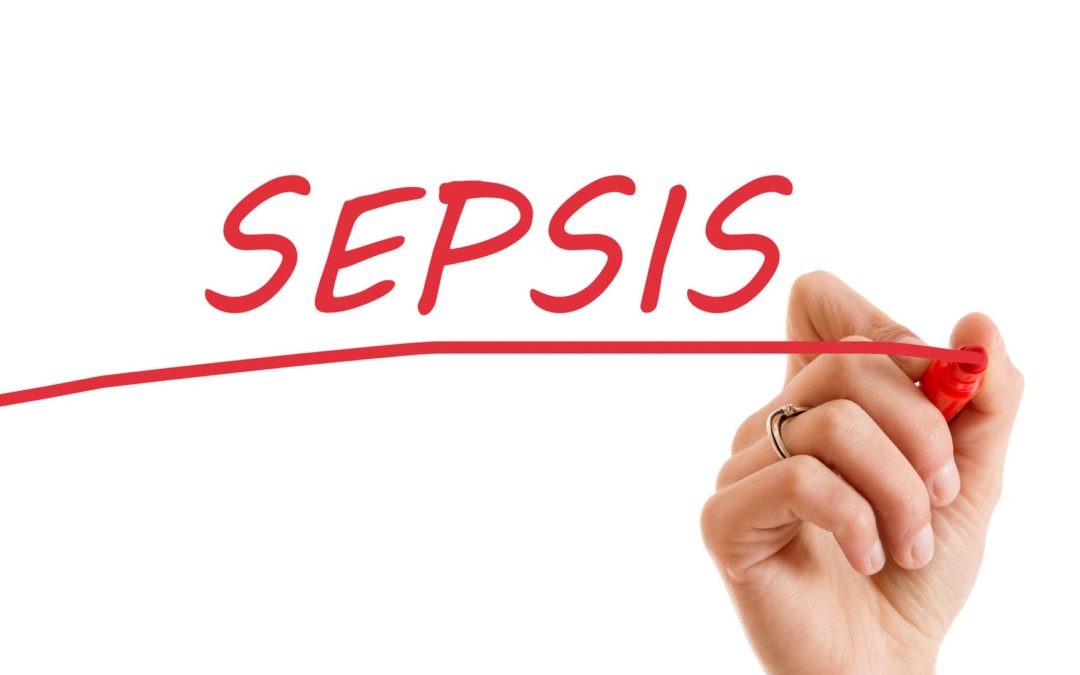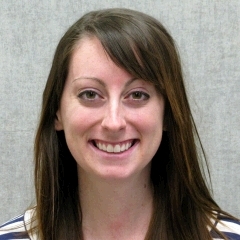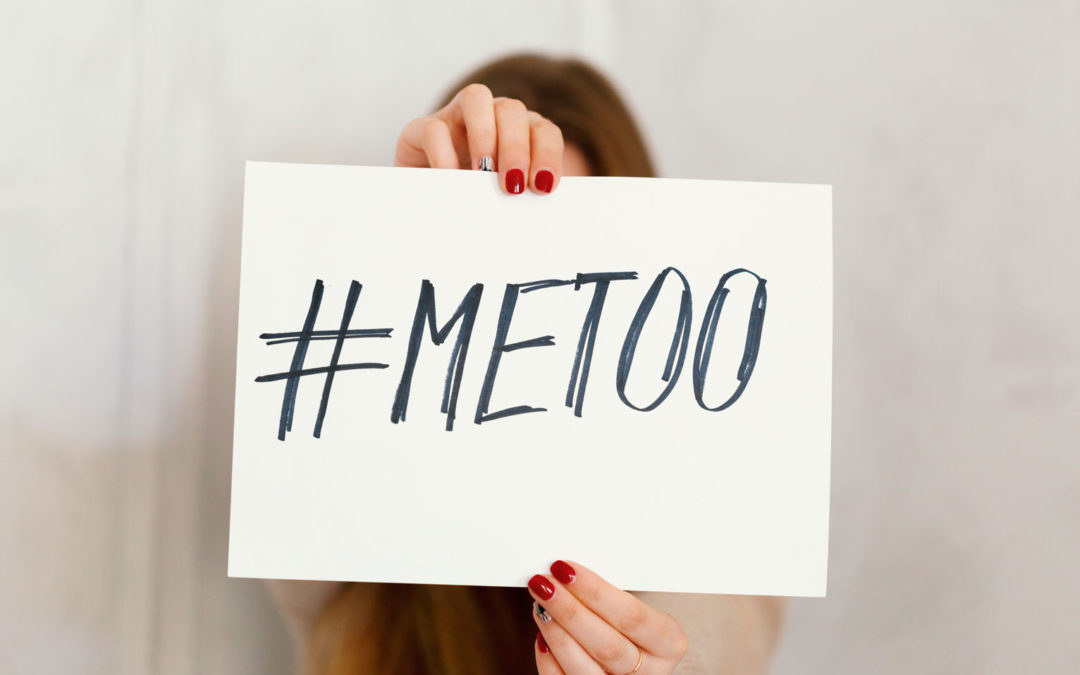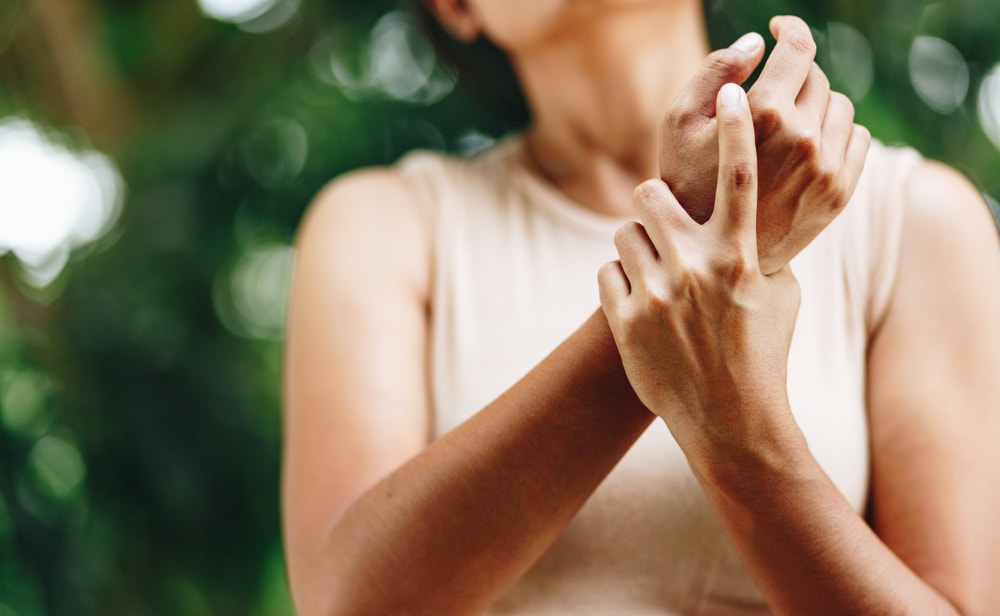
Foods & Exercises to Reduce Your Arthritis Pain
The pain and discomfort of arthritis can have a big effect on your quality of life. A good exercise program and a healthy diet have been shown to increase your mobility (ability to get around) and provide medication-free pain relief.
3 Areas of Focus to Reduce Your Arthritis Pain
As a nurse practitioner, I believe knowledge is power. Here are three items I share with my patients to improve their daily life with arthritis:
- Foods to avoid because they can increase inflammation and arthritis symptoms
- Foods that can decrease some of your arthritis pains
- Exercises you can do without causing stress and pressure on your joints
Foods to Avoid if You Have Arthritis
There are certain types of foods that are considered pro-inflammatory, meaning they can increase inflammation. In general, more inflammation equals more pain, specifically in your joints.
Limit the following in your diet to avoid inflammation:
- Sugar
- Saturated fats
- Trans fats
- Refined carbohydrates
- MSG
- Aspartame
- Alcohol
Foods high in sodium also have been found to increase inflammation, so it’s important that you try to limit these types of foods in your diet.
Most people in America tend to have diets that are high in saturated fats and trans fats. A good step is to look at food labels and make sure these are limited, if not completely eliminated from your diet.
In general, try to avoid the inner aisles of the grocery store. Most foods in this area contain refined carbohydrates and things we need to avoid because they increase inflammation. Plus, this is where you’re more likely to find processed foods. For the most part, if you can’t pronounce the ingredient on the label, it’s probably not a good choice.
Foods and Supplements that Help Arthritis Pain
Many foods are considered to be anti-inflammatory. Lowering inflammation can decrease arthritis pain.
Include these foods in your diet to help fight inflammation:
- Omega 3s, such as fish like salmon, dark leafy greens, olive oil and nuts
- Cherries
- Green tea
- Whole grains
- Citrus fruits like pineapple and oranges
- High fiber foods
Glucosamine and chondroitin supplements
Our general rule with supplements like glucosamine and chondroitin is to give it a try for about three months. If you do not notice a difference in your joints and your joint pain, stop taking it. Many times people find that after they stop taking it, they notice it really was working and making a difference. I have several patients that absolutely swear by glucosamine and chondroitin.
Exercises to Ease Joint and Arthritis Pain
Low impact exercises that don’t put a lot of pressure on your knees and ankles are good options if you have arthritis.
Low impact exercises include:
- Swimming – try lifting weights in the water for an added workout
- Machines like a NuStep, where you’re moving back and forth and not putting weight on your knees
- Gentle walking
- Weight lifting with the guide of a trainer who can show you ways to lift weights and still protect your joints
- Yoga and Tai Chi
Take Steps to Control Your Arthritis Pain and Feel Better
By reducing inflammation, you’ll have more energy to get out and walk, stretch and do other activities. If you need a bit of direction, working with a personal trainer or a nutritionist is a wonderful option.
Knowledge is power. The more you know about your disease process, proper nutrition and exercise, the better prepared you’ll be to take steps toward feeling better and living a more active, less painful life.
Want More Information on the Ways to Manage Arthritis?
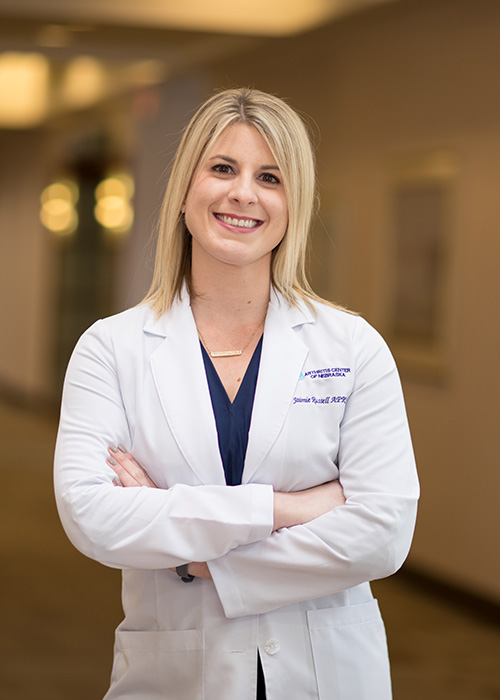
Jaimie Russell
APRN-NP
Jaimie Russell, APRN-NP, is a nurse practitioner with the Arthritis Center of Nebraska


